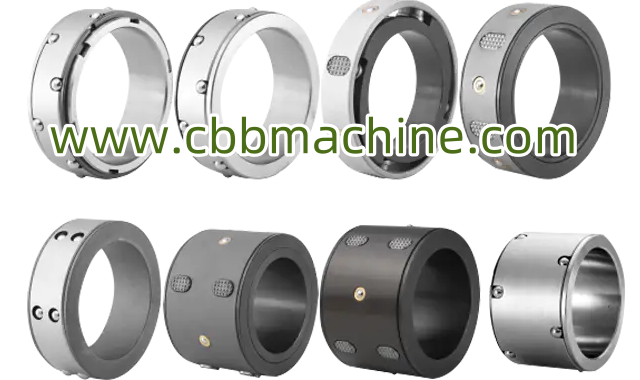
-
 Search in Classifieds
Search in Classifieds
-
 Search in Groups
Search in Groups
-
 Search in Polls
Search in Polls
-
 Search in Members
Search in Members
-
 Search in Members
Search in Members
-
 Search in News
Search in News
-
 Search in Polls
Search in Polls
-
 Search in Businesses
Search in Businesses
-
 Search in Contests
Search in Contests
-
 Search in Events
Search in Events
-
 Search in Music Albums
Search in Music Albums
-
 Search in Music Songs
Search in Music Songs
-
 Search in Quotes
Search in Quotes
-
 Search in Site Team
Search in Site Team
-
 Search in Jobs
Search in Jobs
-
 Search in Products
Search in Products
-
 Search in Products
Search in Products
Notifications
- Home
- Members
- Albums
- Advertisements
- Games
- Questions
- Classified
- News
- Likes
- Listings
- Blogs
- Polls
- Wishes
- Documents
- Recipes
- Articles
- Discussions
- Quotes
- Thoughts
- Jobs
- Prayers
- Forums
- Gifts
- Petition
- Groups
- Events
- Videos
- Music
- Contests
- FAQs
- Browse Compliments
-
Courses
- Classroom Home
- Browse Classrooms
- Course Home
- Courses Categories
- Classroom Categories
- Browse Courses
- Course Review
- Classroom Review
- My Account
- Classroom Locations
- Featured Classrooms
- Verified Classrooms
- Sponsored Classrooms
- Hot Classrooms
- Featured Courses
- Verified Courses
- Sponsored Courses
- Hot Courses
- Albums Home
- Browse Albums
- Videos
- Browse Wishlist
- Classroom
- Product
- Pages
- Credits
- Crowdfunding
- Businesses
- Stores
- Groups
- About Us
We use cookies to personalise site content, social media features and to analyse our traffic. We also share information about your use of this site with our advertising and social media partners.
We use cookies to personalise site content, social media features and to analyse our traffic. We also share information about your use of this site with our advertising and social media partners.




Share this page with your family and friends.